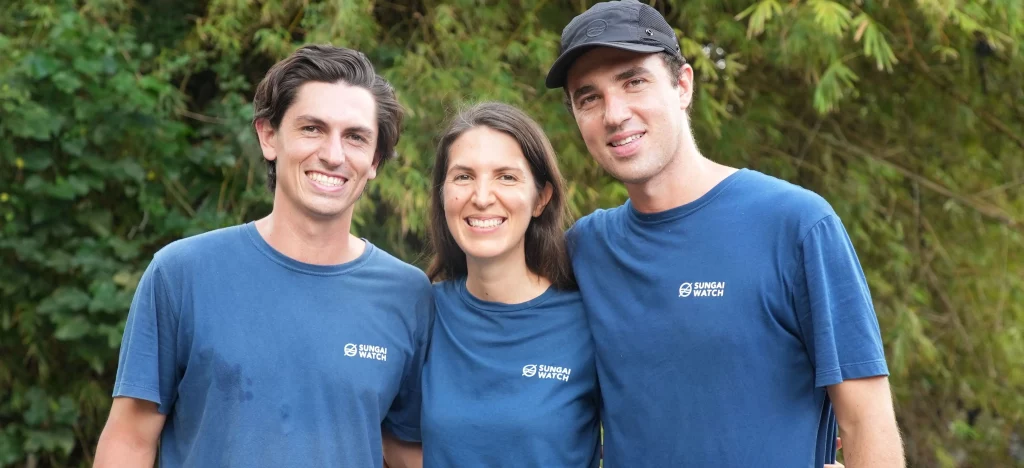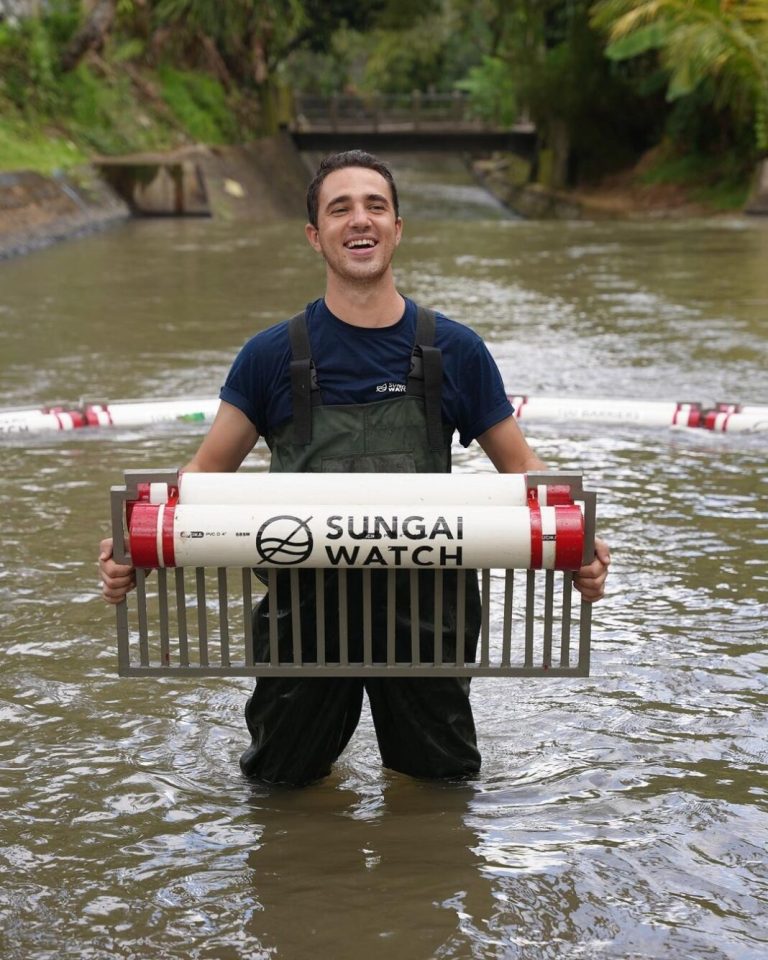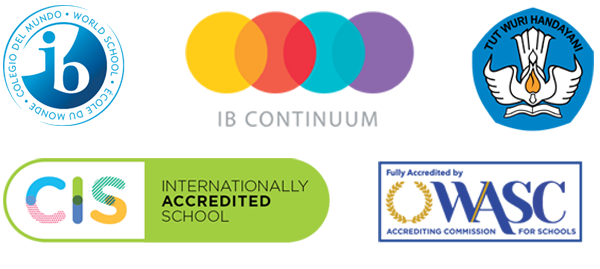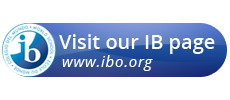In 2009, Kelly, Gary, and Sam Bencheghib founded a youth-led organization called Make a Change Bali, a free-from-plastic call to action that has since evolved into Make a Change World.

Read on to learn about the results of their initiatives, how far they have come, and what we can do to be part of these good expeditions.
1. Can you tell us a brief story about how you started Make a Change World?
In 2009, when we were studying at BIS, we noticed how beaches in Bali were covered in plastic, so we started Make a Change Bali, which was a local beach cleanup movement with our friends. When we graduated from BIS, we all pursued our higher education in the United States and established Make a Change World, an environmental media company focusing on sharing positive stories of hope and changes we want to see in the world. We went on our first expedition in 2017, kayaking on kayaks made from plastic bottles down the Citarum River, the world’s most polluted river. We then went on four other expeditions and Sam (the youngest of us three) run across the United States, from New York to Los Angeles, to raise awareness about plastic pollution.
In 2019, we started our latest project, Sungai Watch, to stop plastic pollution from going into the ocean through simple and effective trash barriers.
2. Make a Change World initiated a few environmental movements in Indonesia; Sungai Watch, Keliling Bali, Plastic Bottle Citarum to name a few. Which one of them is now on full throttle and how is it going?
Plastic Bottle Citarum was our first expedition. In a way, it’s what inspired us to do the work we do today. Our videos went viral overnight and inspired the Indonesian President Joko Widodo to start the Citarum Harum movement and deployed 7,000 military soldiers to clean the river. The Citarum Harum movement is on its fourth year and it is ongoing.
Sungai Watch is where we focus more today – our cleanup branch. We have installed 101 trash barriers here in Bali, on our way to targeting 1,000 rivers in Indonesia. Through these barriers, we believe that we can reimagine our rivers and fully stop plastic pollution from going into the ocean.
3. Tell us about the most interesting video production project you’ve done in Indonesia.
We’ve worked on a few but our favorite video projects are always the ones about the amazing eco-warriors and activists. We have been lucky to meet and film multiple incredible human beings here in Indonesia and we can’t wait to continue sharing stories of hope and changes.
4. We googled “Most polluted river in the world” and yes, Citarum is on top of the list. How far are we in changing that stats and how can we be of support (to that particular cause and or others that Make a Change World has)?
It starts with individual actions. Everyone can make a difference by reducing their consumption of plastic pollution. Start with one item, switch to a reusable option, and take it step by step. I invite you to be a volunteer on our cleanups with Sungai Watch every Friday somewhere in Bali. It’s a great way to give back to the island.
5. How have the government and private sectors been supporting you?
With Sungai Watch, we are extremely grateful to all of the sponsors that have enabled us to get this far. We have scaled using our “adopt a river” model, where companies or individuals can sponsor a barrier and have their name or logo on it. We then send them a data report with the amount of the trash their barrier is collecting, the type of trash and a brand audit data report. This model has enabled us to install our 101 trash barriers. We are now in contact with the Indonesian Government to sponsor more barriers throughout Indonesia.
6. Can you share a few values that you learned at Bali Island School that are helping you to keep going with Make a Change World?
We loved everything about Bali Island School; the teachers, the community, the activities, and the opportunities. We started Make a Change Bali in 2009 when the three of us were at BIS. The two values that come to mind are the importance of community and learning by doing. At Sungai Watch, we take community very seriously and are always thinking of how we can better the community around us. “Learning by Doing” is exactly what we’re doing everyday with Sungai Watch – whether it’s how to better protect a river with our technology or trying to find a value stream with all of the materials we are collecting – we’re learning every day, just like what IB’s objective is; creating lifelong learners!




